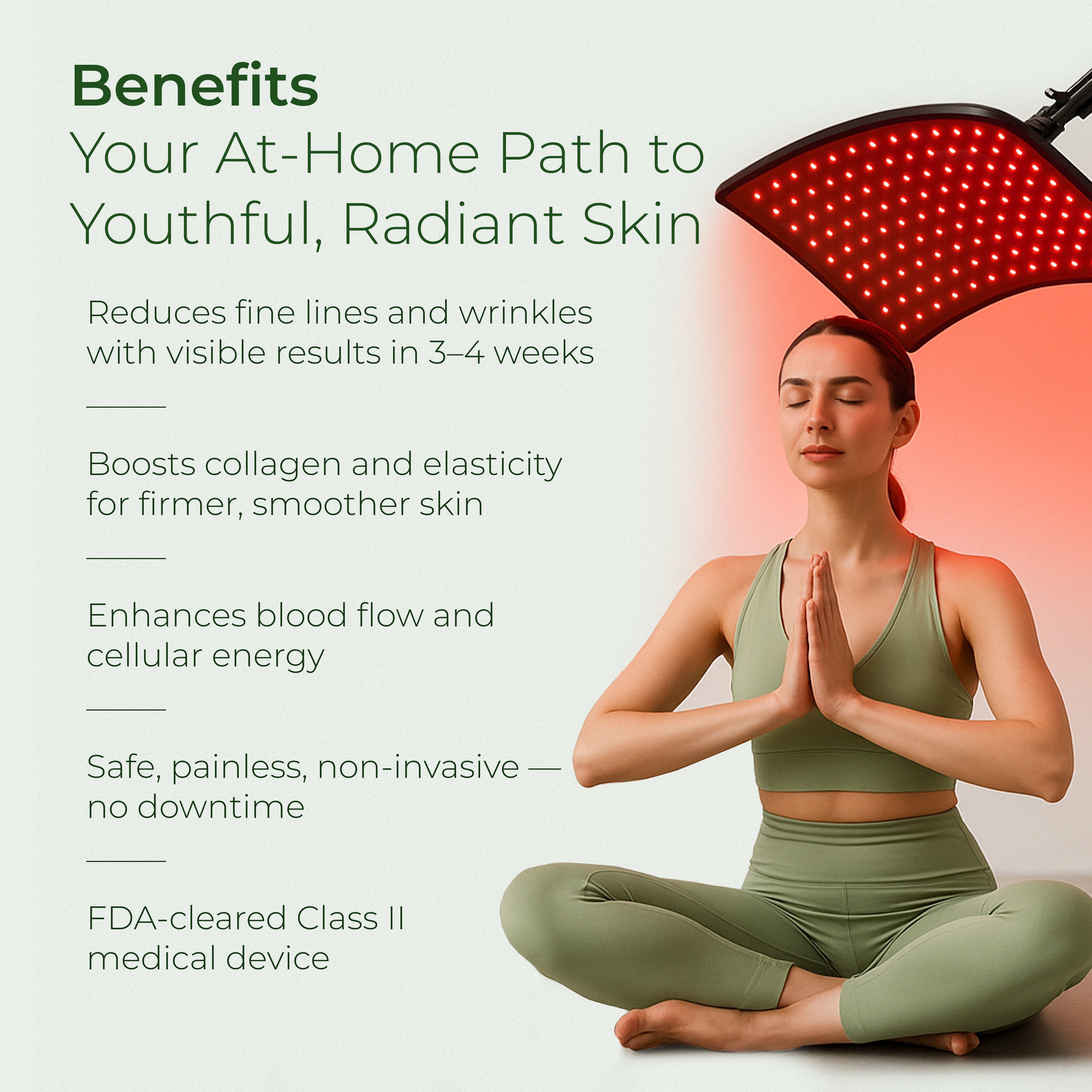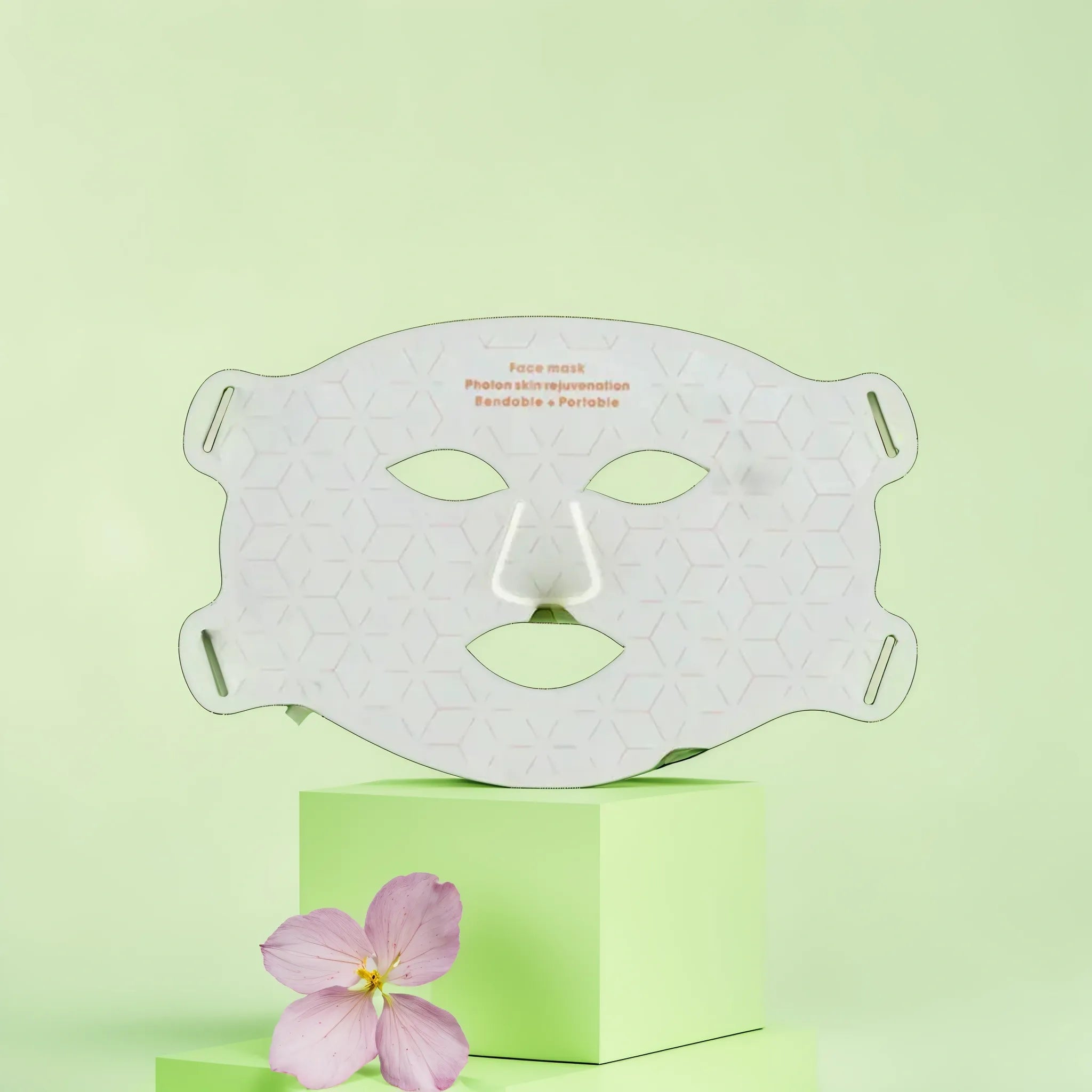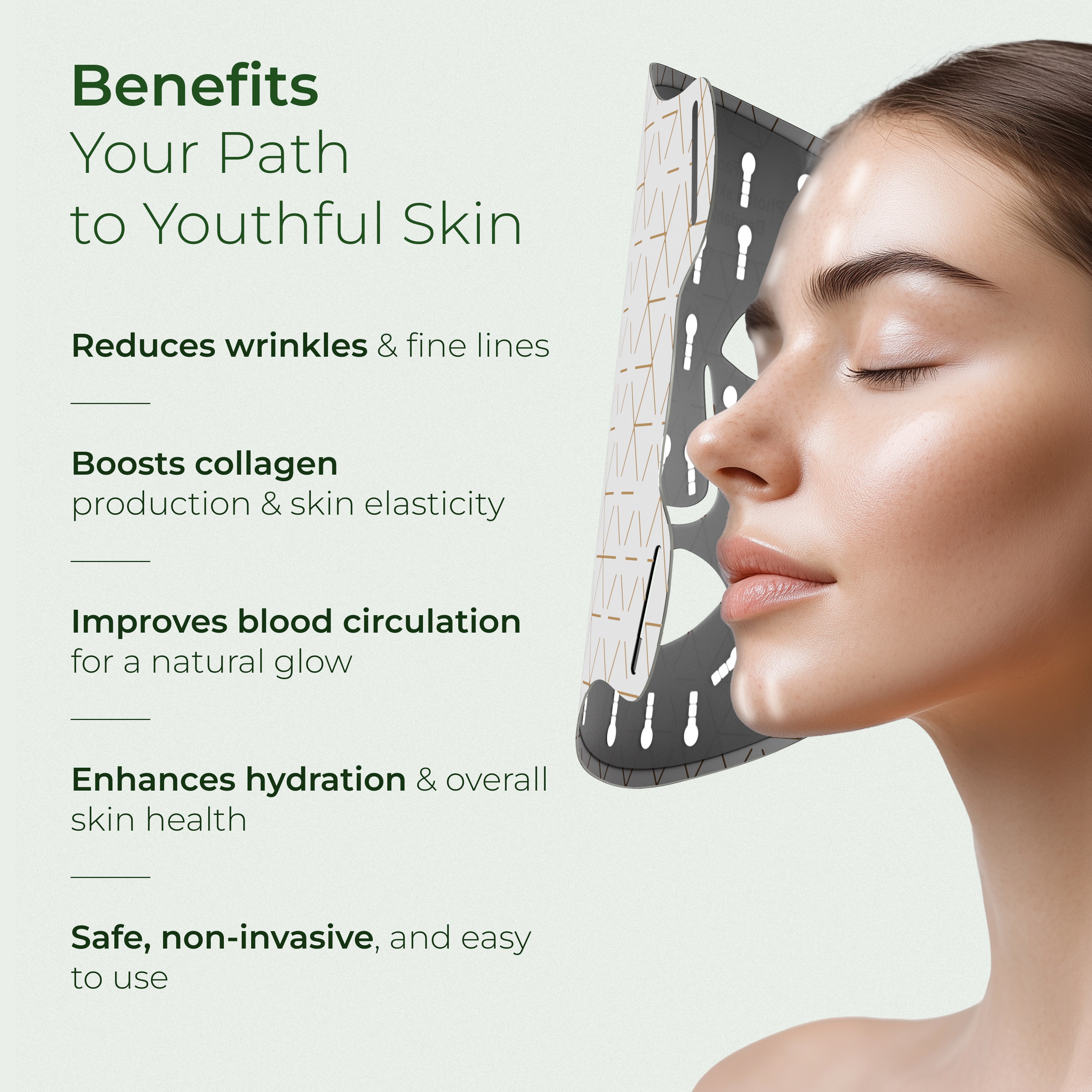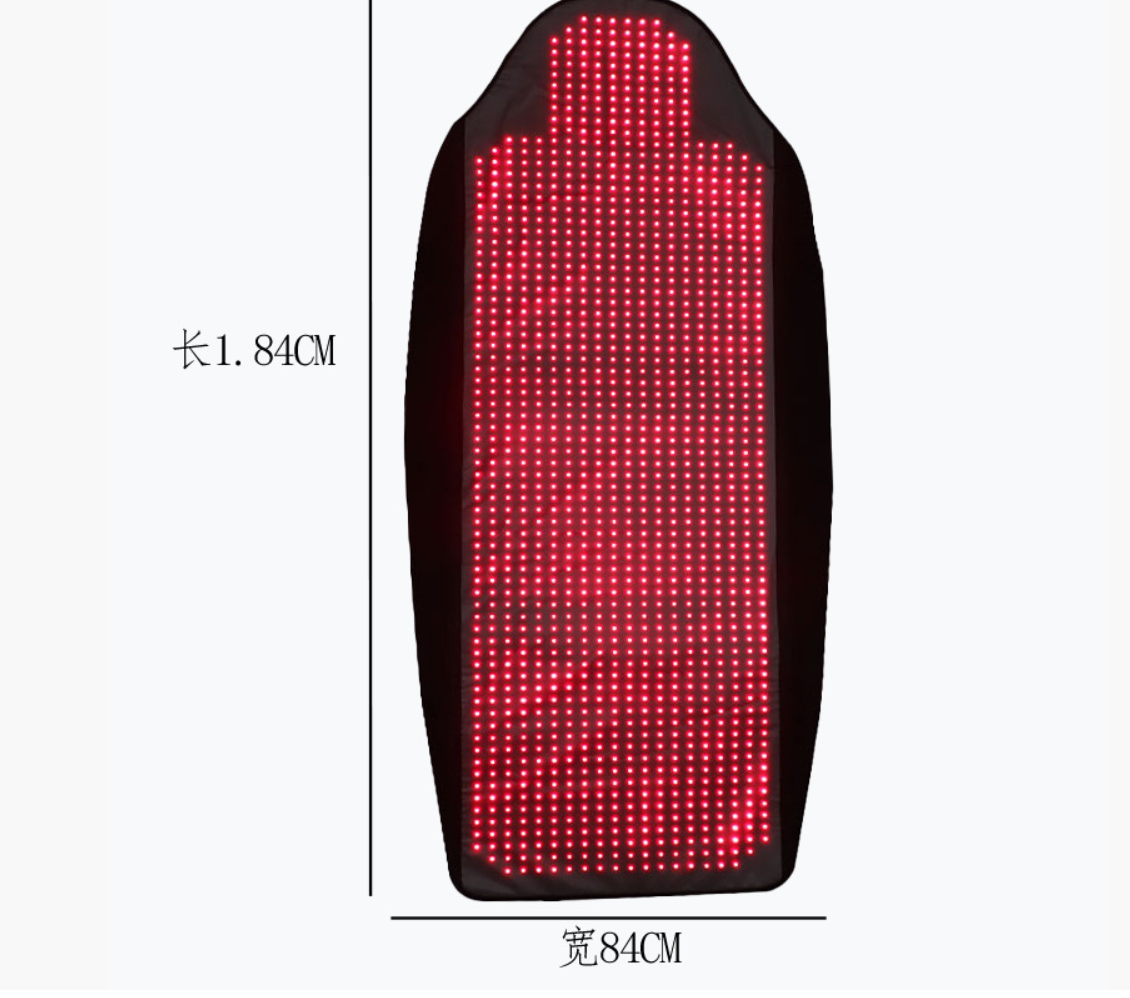Although you can pinpoint causes of pimples or acne such as hormonal changes, bingeing on oily and salty food, genetics, and poor hygiene, sometimes, we are clueless as to why we are breaking out. It is especially frustrating if you are keen on your skincare routine. If you have ruled out everything else, it is mind-boggling what could be causing you to break out!

Let us talk about this simple ingredient that you may have overlooked. What comes to your mind when you think about sugar? Different people view it differently. Some would say it makes them happy and associate it with a rewarding feeling (think of satisfying a sweet tooth craving). Some get stressed because a moment of indulgence will add an extra inch or two to their waistline or hips. Some get hyperactive due to a sugar rush. But what most people don’t realize is that this simple ingredient can lead to a number of skin problems.
Aside from pimples or acne, consuming sugar can also lead to a number of skin issues like oily skin, blackheads, whiteheads, uneven skin tone, wrinkles, dryness, broken blood vessels and skin dullness. This is due to glycation or the process wherein sugar bonds to proteins in our body that eventually causes tissue damage.
Sugar has been pinpointed to cause premature aging as well! Cutting back on sugar will greatly improve your skin condition. Of course, you will still have to keep your A-game in your skin care routine.
- As you have learned, cut back on sugar. Try switching to honey instead.
- Try to eat more healthy and wisely. Choose healthy grains over fast-food. Munch on fruits and vegetables rather than donuts, pizzas, and fries.
- Use facial wash fit for your skin type. If you have oily skin, use a foam cleanser. If you have dry skin, use a cream-based cleanser. Look for cleansers with salicylic acid to address acne or pimple problems.
- Use clay masks to reduce oiliness. These are proven effective in absorbing excess oil and helps draw out skin impurities.
- Invest in LED light therapy devices. BlueMD is a superb tool in combatting acne and continuous use will help curb oiliness. RejuvaliteMD is also a great tool in preventing inflammation, aids in collagen production, and helps combat early signs of aging.
- Have plenty of rest. Having a good night’s rest makes a difference in your skin.
Hopefully, we have shed a new light on your skincare problems. We know it is difficult to remove sugar from your diet but at least now, you can make a conscious effort to avoid it if you can.
The Hidden Impact of Sugar on Your Skin Health
Sugar isn't just a guilty pleasure; it's a culprit behind various skin conditions that might surprise you. Eating too much sugar, especially in the form of added sugar found in processed foods, sugary drinks, and sweet treats, can have a detrimental effect on your skin. Dermatologists have long observed that sugar consumption is directly linked to common skin issues like acne flare-ups and premature aging. But how exactly does sugar affect your skin?
When you consume foods high in sugar, they quickly convert to glucose in your bloodstream, causing a spike in blood sugar levels. This spike triggers your body to release insulin, a hormone that helps cells absorb glucose. However, high levels of insulin can also lead to increased oil production in your skin, making you more prone to sudden acne flare-ups. This is particularly true for high-glycemic foods, which rapidly raise blood sugar levels and can exacerbate conditions like acne.
Moreover, excessive sugar intake accelerates the aging process of your skin. When blood sugar levels are consistently high, sugar molecules bind to proteins like collagen and elastin through a process known as glycation. The resulting compounds, called advanced glycation end products (AGEs), cause these proteins to become stiff and malformed, leading to the breakdown of collagen and elastin in your skin. Collagen and elastin are essential for maintaining your skin’s firmness and elasticity, and their degradation results in the formation of wrinkles, sagging, and other signs of aging.
But the effects of sugar don't stop at aging. Dermatology experts, including those from the American Academy of Dermatology, have noted that sugar may also negatively affect skin conditions like psoriasis. Excess sugar can contribute to inflammation throughout the body, worsening skin conditions that are already inflammatory in nature.
Cutting down on sugar isn't just about keeping your waistline in check; it's crucial for maintaining healthy skin. Reducing your sugar intake can significantly improve your skin’s appearance and health. Opting for foods low on the glycemic index, avoiding high fructose corn syrup, and being vigilant about hidden sugars on food labels can help you manage your blood sugar levels more effectively.
If you’re prone to eating something sweet, consider healthier alternatives like fruit juice with no added sugar or naturally sweet fruits. Not only do these options satisfy your cravings, but they also provide nutrients that benefit your skin rather than harm it.
In summary, the amount of sugar you eat has a profound impact on your skin. High sugar intake can lead to breakouts, premature aging, and even exacerbate existing skin conditions. To keep your skin feeling firm, looking youthful, and staying healthy, it’s vital to be mindful of your daily sugar intake. Making the decision to cut out sugar from your diet might just be the key to achieving the clear, vibrant skin you’ve always wanted.












Leave a comment
This site is protected by hCaptcha and the hCaptcha Privacy Policy and Terms of Service apply.